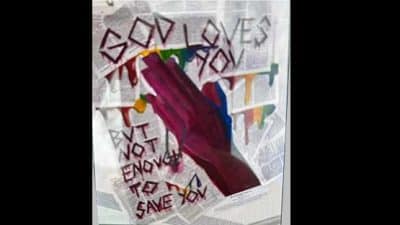
Central Virginia and Central Shenandoah Valley are in the midst of a run of days with temperatures forecast to be in the low- to mid-90s.
Albemarle County Fire Rescue has included some safety reminders below as we prepare for these hot days. There’s lots to keep in mind when the temperatures rise, so please take a few minutes to read through these tips and share with your friends and neighbors.
Stay cool
- Closely monitor people who depend on you for their care or who may be more vulnerable to the heat due to age, isolation, or illness:
- Are they drinking enough water?
- Do they have access to air conditioning?
- Do they need help keeping cool?
- If you need to be outside, plan to do so in the early morning and evening to avoid the hottest times of day.
- When you’re outside, find shade. Wear a hat wide enough to protect your face and loose, lightweight, light-colored clothing.
- Stay in air-conditioned buildings as much as you can.
- If your home is not air-conditioned, keep cool by visiting public facilities that are air-conditioned such as librariesand businesses. Or visit local swimming beaches. Albemarle County will be waiving park fees at swimming areas for Saturday, July 23 and Sunday, July 24.
Stay safe
- Check on your neighbors and friends and have someone do the same for you.
- Humidity increases the feeling of heat as measured by a heat index.
- Never leave a child, adult, or animal alone in a car.
- Drink more water than usual and don’t wait until you’re thirsty to drink more.
- Muscle cramping may be an early sign of heat-related illness.
- Do not use electric fans when the temperature outside is more than 95 degrees, as it could increase the risk of heat-related illness. Fans create air flow and a false sense of comfort, but do not reduce body temperature.
- Avoid high-energy activities.
Know the signs of heat illness
Heat stroke
- Extremely high body temperature (above 103 degrees F)
- Red, hot and dry skin with no sweat
- Rapid, strong pulse
- Dizziness, confusion or unconsciousness
If you suspect heat stroke, call 9-1-1 or get the person to a hospital immediately. Cool down with whatever methods are available until medical help arrives. Do not give the person anything to drink.
Heat cramps
- Muscle pains or spasms in the stomach, arms, or legs
Heat exhaustion
- Heavy sweating, paleness, muscle cramps, tiredness, weakness, fast or weak pulse, dizziness, headache, fainting, nausea, vomiting
If you have signs of heat cramps or heat exhaustion, go to a cooler location, and cool down by removing excess clothing and taking sips of sports drinks or water. Call your healthcare provider if symptoms get worse or last more than an hour.
What to do if the power goes out
- Keep generators and outdoor barbeques outside and away from your home.
- Use flashlights and battery-operated candles.
- Prep your home:
- Turn off all lights, except one to signal when the power returns.
- Unplug appliances and electronics to protect from a power surge.
- Keep fridge and freezer doors shut to keep food cold.










